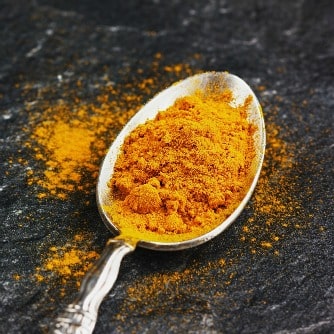Known best as the substance in turmeric that gives the curry spice its characteristic yellow color, curcumin has been found by previous studies to exert antioxidant, anti-inflammation, anticancer, and lipid-lowering effects. Min Young Um , from Korea Food Research Institute (Korea) , and colleagues employed a lab animal model of high cholesterol (hypercholesteremia) to investigate the mechanism by which curcumin impacts parameters of heart health. Rabbits fed a high-cholesterol supplemented with curcumin for 8 weeks had smaller atherosclerotic lesions and less neointimal thickening in the aorta, as compared to those animals fed the high-cholesterol diet without curcumin supplementation. The study authors write that: “Our results demonstrate that curcumin exerts an antiatherosclerotic effect, which is mediated by multiple mechanisms that include lowering serum lipids and oxidized low-density lipoprotein, thus modulating the proinflammatory cytokine levels and altering adhesion molecules and MMP gene expression.”
Mechanisms for Heart Benefits of Curry Compound Revealed
Min Young Um, Kwang Hyun Hwang, Won Hee Choi, Jiyun Ahn, Chang Hwa Jung, Tae Youl Ha. “Curcumin attenuates adhesion molecules and matrix metalloproteinase expression in hypercholesterolemic rabbits.” Nutrition Research, Volume 34, Issue 10, October 2014, Pages 886-893.
RELATED ARTICLES




